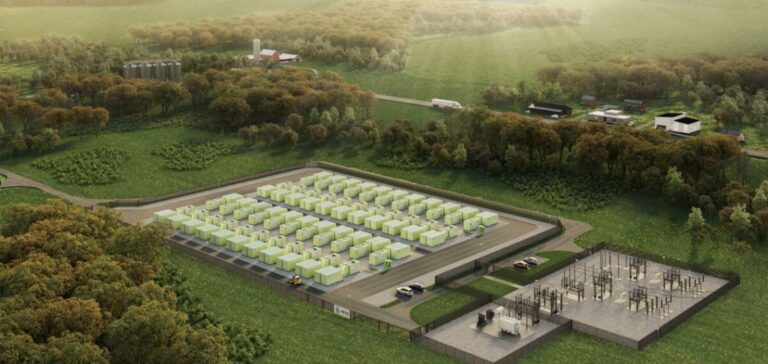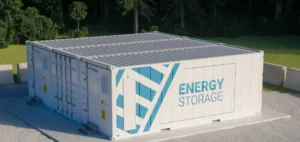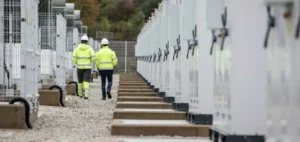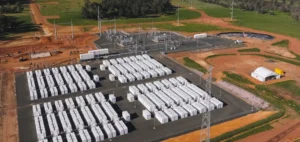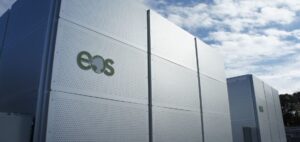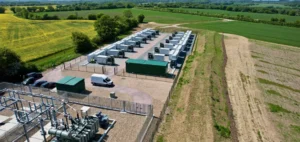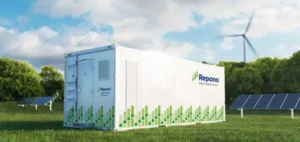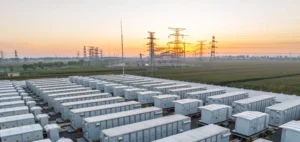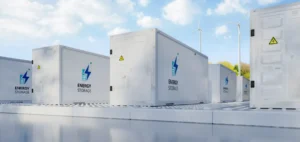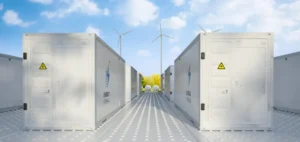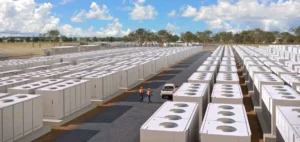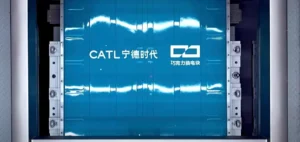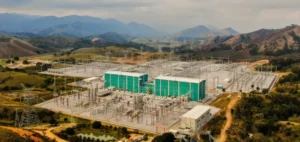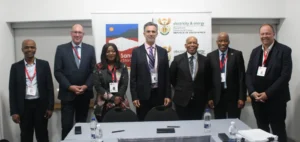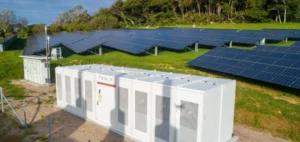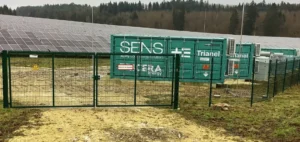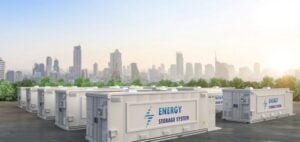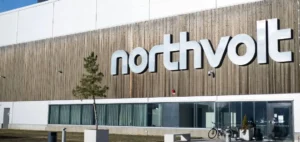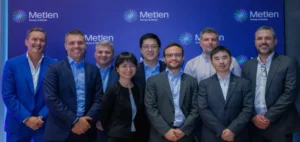The 100 MW, 331 MWh Bramley battery energy storage system (BESS) is now operational, marking a significant milestone in the UK’s efforts to enhance the security of its power grid. This milestone was celebrated during a ceremony on-site on February 17, 2025, with the key partners, BW ESS and Sungrow, who were integral to the success of the project.
The system uses Sungrow’s PowerTitan 2.0 technology, representing a leap forward in the field of battery energy storage systems (BESS). Designed to address the growing challenges related to grid inertia management and the reduction of frequency fluctuations due to the increasing penetration of renewable energy, PowerTitan 2.0 facilitates the integration of storage while ensuring better stability of the power grid.
Contribution to Enhancing Energy Security
Located on a 132 kV circuit, the Bramley BESS is connected to the UK’s national grid via an Extra High Voltage (EHV) solution, providing enhanced protection for transmission lines and generation systems. The project allows active participation in frequency regulation services and energy trading on the electricity market, contributing to the stability of supply and the efficiency of the energy system.
PowerTitan 2.0’s cutting-edge technologies also significantly reduce both capital expenditure (CAPEX) and operational expenditure (OPEX), while optimizing installation time with its modular design. This system combines batteries and alternating current-direct current (AC-DC) inverters, pre-assembled for quick and efficient integration, a crucial asset for large-scale projects.
Enhanced Safety Technology
A key aspect of the Bramley project is the focus on the safety of the installations. Sungrow conducted the largest BESS safety test in the world on PowerTitan 2.0, ensuring optimal and secure performance for the project. This rigorous approach highlights Sungrow’s commitment to ensuring the reliability of energy storage systems, particularly for large-scale projects like this one.
Erik Strømsø, CEO of BW ESS, stated, “Bramley is a pioneering project that demonstrates the alignment of our mission with the UK’s energy transition goals.” This achievement also represents an important milestone in BW ESS’s roll-out in the UK market.
Market Perspectives
The Bramley storage system not only offers an advanced technical solution but also enables the capture of competitive advantages in energy markets by meeting the UK electricity market code requirements. In addition to its ability to participate in grid balancing, the BESS provides ancillary services and participates in wholesale energy trading, further strengthening the competitiveness of energy infrastructure.
Shawn Shi, President of Sungrow Europe, added, “This project is a concrete example of our commitment to supporting a sustainable energy transition, setting new standards for safety, efficiency, and scalability.”

